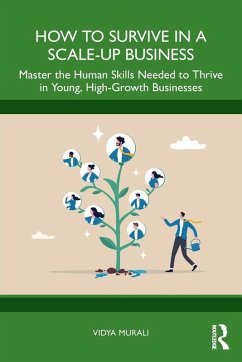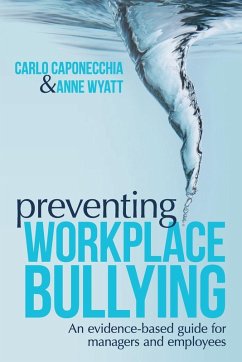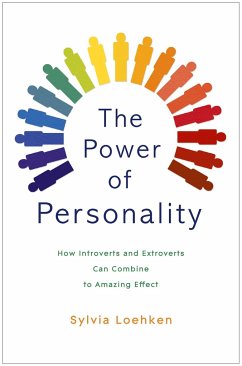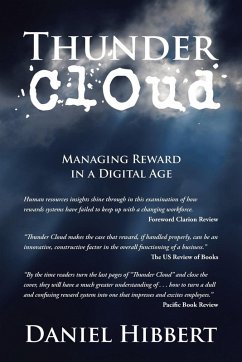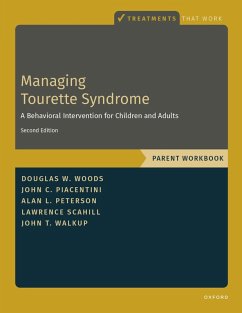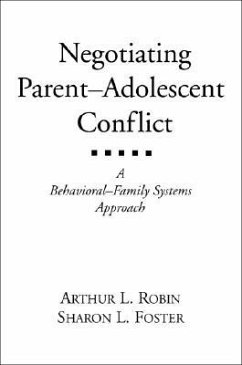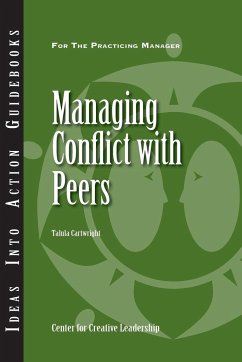
Managing Conflict with Peers
Versandkostenfrei!
Versandfertig in über 4 Wochen
15,99 €
inkl. MwSt.
Weitere Ausgaben:

PAYBACK Punkte
8 °P sammeln!
A great many peer conflicts arise from incompatible goals or from different views on how a task should be accomplished. With honest dialogue these kinds of conflicts can usually be resolved. But other peer conflicts are more troublesome because they involve personal values, office politics and power, and emotional reactions. To resolve these more difficult peer conflicts, managers should examine three key issues that can cause such clashes and also influence their outcome. One, they should assess their emotional "hot buttons" that trigger ineffective behaviors and make conflict difficult to ma...
A great many peer conflicts arise from incompatible goals or from different views on how a task should be accomplished. With honest dialogue these kinds of conflicts can usually be resolved. But other peer conflicts are more troublesome because they involve personal values, office politics and power, and emotional reactions. To resolve these more difficult peer conflicts, managers should examine three key issues that can cause such clashes and also influence their outcome. One, they should assess their emotional "hot buttons" that trigger ineffective behaviors and make conflict difficult to manage. Two, they should examine their personal values and how those might conflict with what their peers find important. Finally, they should assess their power in the organization - which can be related to position, influence, expertise, or some other factor - and learn how to use it to manage conflicts. Navigating these issues won't rid an organization of conflict among peers. But by paying attention to them managers can build effective relationships that will survive these inevitable conflicts and bolster their ability to achieve organizational goals.




